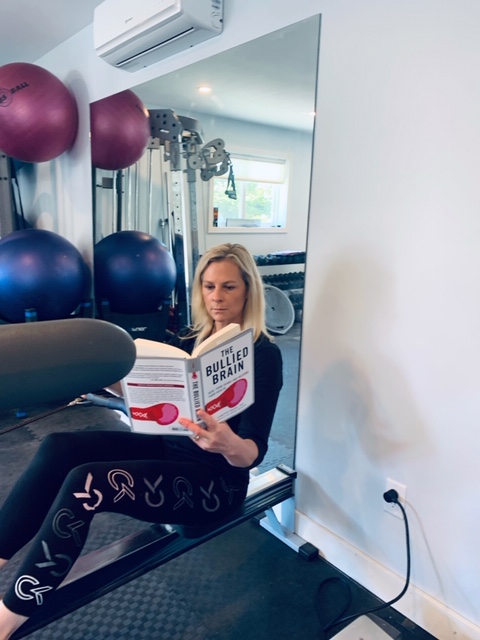Dr. Jennifer Fraser shared their story and experiences with us recently and you can find our conversation below.
Hi Jennifer, thank you for taking the time to reflect back on your journey with us. I think our readers are in for a real treat. There is so much we can all learn from each other and so thank you again for opening up with us. Let’s get into it: What’s more important to you—intelligence, energy, or integrity?
Integrity because when you research abuse cultures like I do, you quickly discover that those who abuse are often intelligent and energetic, but their lack of integrity not only destroys others, it also ruins them. Acting in self-serving, harmful, destructive ways has the capacity to erode empathy in the brain which leads to committing “evil” or in contemporary scientific terms “empathy erosion.” In my new book The Gaslit Brain, I draw on extensive research that shows how our integrity is grounded in the way our brains work, specifically our affective empathy. Integrity is inextricably connected to our affective empathy: the way we can walk in someone else’s shoes, see the world through their eyes, and feel their pain.
Can you briefly introduce yourself and share what makes you or your brand unique?
I am an award-winning educator and best-selling author who focuses on abuse cultures and how they harm brains. I work as a consultant with governments, institutions, and organizations that want to create work cultures where brains can fulfill their remarkable potential. I launched a company called “The Bullied Brain” over ten years ago where I educate on how we need to exit the outdated bullying and abuse paradigm or framework and enter into a new brain-informed “neuroparadigm.” I’m just launching a new company with Dr. Michael Merzenich – the “Father of Neuroplasticity” – called “Strongest Brains” where we work on how individuals and organizations can train brains to be healthier, happier, and more high-performing. The strongest brains are resilient against the lies of bullying, gaslighting, and institutional complicity.
Okay, so here’s a deep one: What’s a moment that really shaped how you see the world?
I was a believer in the inherent trustworthiness of those in leadership positions, until in 2012, I reported psychological, verbal, emotional, and physical abuse being done in my workplace and the leader of the organization said right to my face, “Oh, that’s just old school coaching.” Although I did not know the word at the time, I now know that he was gaslighting me. He was trying to alter reality and make me think that I could not trust my own perceptions. He sought to deny and dismiss the abuse occurring and make me believe that I was unable to assess the situation accurately. His one simple phrase was designed to communicate that there was something wrong with me. This moment changed how I see the world and specifically how I recognize constructive and destructive leadership. Brain science illuminates who tells self-serving lies, why they manipulate in this way, how it harms the brain of the targets whether they are individuals, employees, or whole populaces. Neuroscience research informs my new model that I call “Clearsighted Leadership – leading with the brain in mind.”
What’s something you changed your mind about after failing hard?
Failing hard taught me painful lessons that required ripping off blinders to betrayal and taking a hard look at how abuse cultures function. What I have learned in studying and researching has the power to save lives, organizations, and nations. My changed mindset is about recognizing dysfunctional systems and figuring out ways to transform them. Brain science provides brilliant insights into how we can take falling down and transform it into falling up. If I hadn’t failed, I would not have had to activate my growth mindset, take my post-traumatic-stress-disorder (PTSD) and turn it into post-traumatic-growth. The brain has neuroplasticity – in other words it can change based on environment and what we practice. I harnessed my neuroplasticity to change my mind and create a new framework going forward.
I think our readers would appreciate hearing more about your values and what you think matters in life and career, etc. So our next question is along those lines. Is the public version of you the real you?
I work on bullying and gaslighting so my goal is to be as truthful, painful as it is, at all times. I strive to replace illusion with reality. I decode manipulation in real time. I am instantly on high alert when the public version of someone is different from who they are behind closed doors. This is the Dr, Jekyll / Mr. Hyde split-personality who can do significant harm. I try to role model and offer with everything I say and do the opposite of this public / private presentation. Behind closed doors and on stage, I do not change.
Thank you so much for all of your openness so far. Maybe we can close with a future oriented question. What is the story you hope people tell about you when you’re gone?
All of us have a line we draw in the sand that represents our values, our integrity, and our passion. I hope people tell a story about how when the leaders at my workplace wanted me to look the other way when abuse was occurring, join with them in minimizing and dismissing the harm being done, sell-out the victims to protect my own position and career, I refused. I want to be remembered for never letting anyone breach the line that I draw in the sand around my children and all children, no matter how much I have to suffer or sacrifice.
Contact Info:
- Website: https://bulliedbrain.com/
- Instagram: https://www.instagram.com/bulliedbrain/
- Linkedin: https://www.linkedin.com/in/jen-fraser-phd-1466a417/
- Twitter: https://x.com/GaslitBrain
- Facebook: https://www.facebook.com/BulliedBrain/
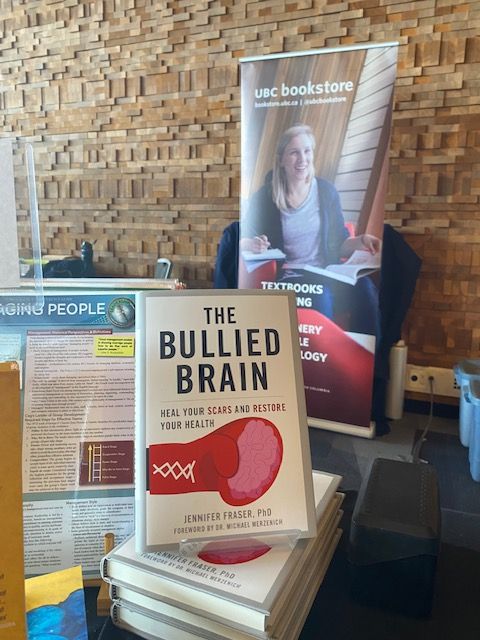
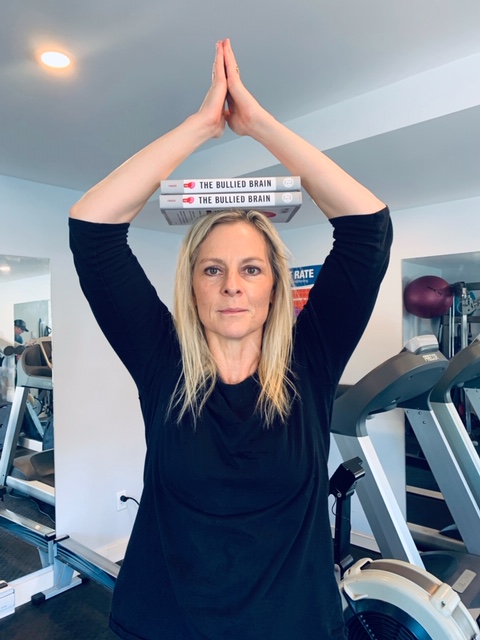
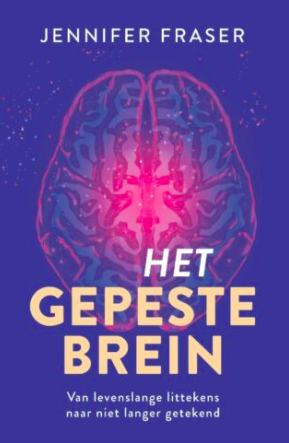
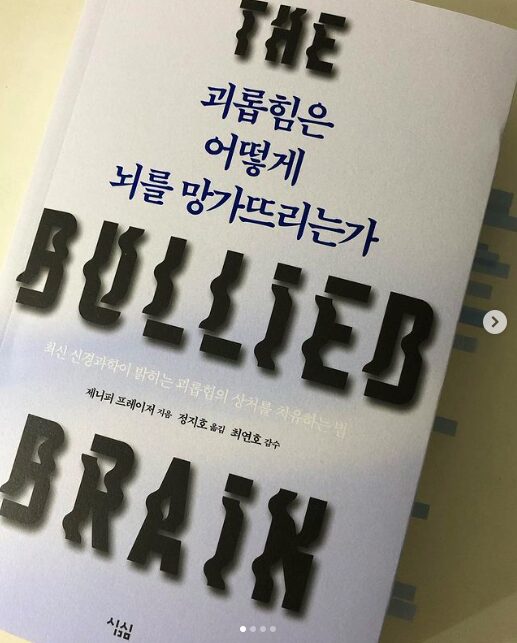
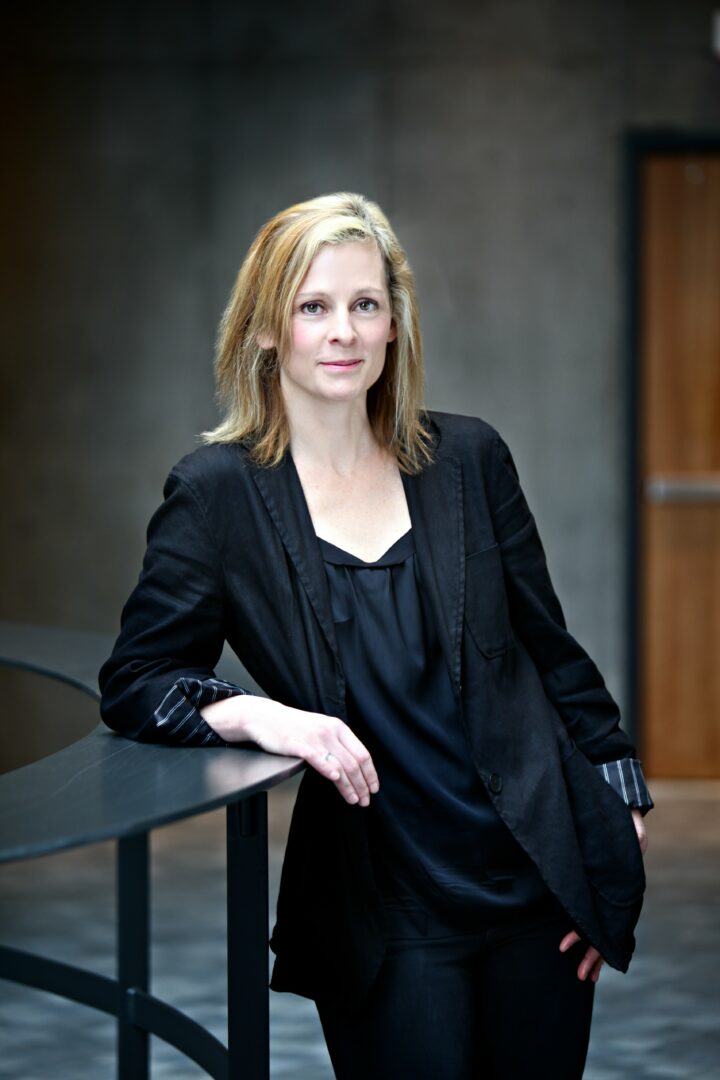
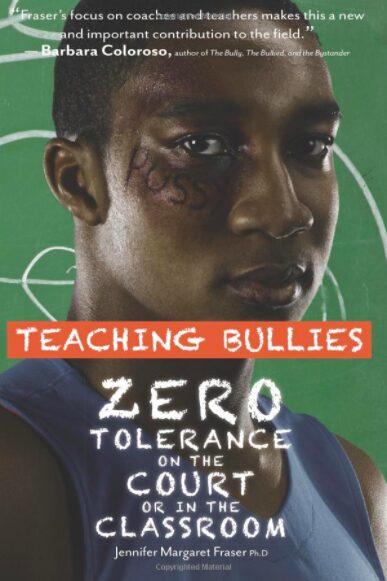
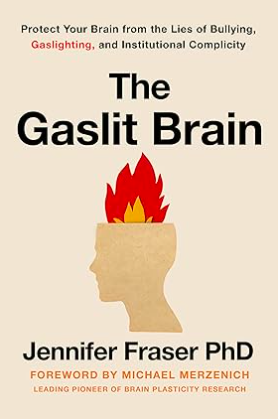

so if you or someone you know deserves recognition please let us know here.

